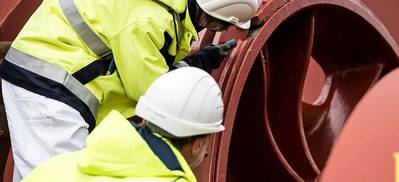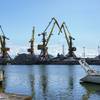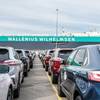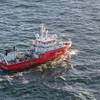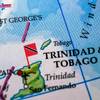DNV Issues Guidance for Safe Use of Methanol and Ammonia as Marine Fuels
DNV has released a competence standard (ST) for methanol and a recommended practice (RP) for ammonia, to enable crew and shipowners to tackle the safety risks and challenges posed by the introduction of new alternative fuels and technologies through shipping’s decarbonization.
While new fuels and technologies are key to achieving maritime decarbonization, their adoption necessitates robust safety and competence frameworks.
According to DNV’s Alternative Fuels Insights platform, the number of vessels ordered with alternative-fueled capability is growing with 27 ammonia and 322 methanol-fueled vessels currently on the orderbooks.
To ensure safe operations as these vessels enter service, it is essential that shipboard crew has the right knowledge and skills and adhere to updated processes and procedures.
The DNV-ST-0687 ‘Competence related to the use of methanol as fuel’ published in October, and the DNV-RP-0699 ‘Competence related to the use of ammonia as fuel’, published in December, apply to shipboard crew on vessels using methanol or ammonia as fuel.
DNV collaborated with OSM Thome and Northern Marine when developing the ST and Amon Maritime, Azane Fuel solutions, Yara Clean Ammonia, Wärtsilä, Kongsberg Maritime and Bernhard Schulte Shipmanagement/ Ula Ship Management when developing the ammonia RP.
The papers outline the expected competencies for using these fuels onboard, enabling the assessment and verification of an individual's knowledge and skills to ensure they can operate and maintain systems and equipment safely.
“Embracing new fuels and technologies is essential to achieving our decarbonization goals, but these advancements introduce new risks, adding complexity to an already challenging operating environment.
“To obtain a safe, timely, and impactful maritime transformation, we need to ensure safe operations by supporting both our seafarers and onshore personnel. Competence development is crucial for managing the transition safely and avoiding a safety gap that could put crew, assets, the environment, and our decarbonization efforts at risk,”said Knut Ørbeck-Nilssen, CEO DNV Maritime.



